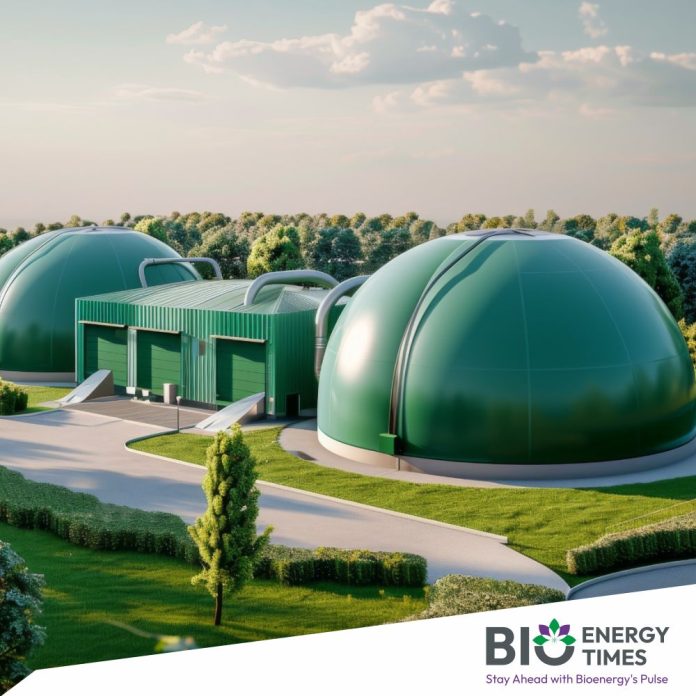In mid-2024, a new biomethane injection point was added to Amber Grid’s transmission network in Lithuania’s Radviliškis district, linking it to a biomethane plant owned by the Agrokoncernas group. This marks the second biomethane injection point in the Lithuanian gas transmission network and represents a key advancement in the sustainable energy sector, reported Bioenergy Insight.
Currently, green biogas produced from Agrokoncernas’ agricultural materials is transported through pipelines, with the new technical intake capacity enabling the transport of over 21 gigawatt hours (GWh) of biomethane annually. The establishment of this second injection point exemplifies how tailored requirements can enhance the integration of biomethane into the gas transmission system.
Nemunas Biknius, CEO of Amber Grid, stated, “We are promoting the development of green gas by facilitating quick and easy connections for producers to our transmission system, enabling them to obtain certificates of origin and trade in green gas. The growing number of biomethane projects in development is helping Lithuania achieve its climate goals and transition to a green energy-producing nation.”
Amber Grid has already connected 13 biomethane producers to the transmission network, with six of them having signed connection agreements. Most of these producers plan to connect their facilities by 2025, which is expected to contribute up to 0.5 terawatt hours (TWh) of biomethane per year to the grid.
As of September this year, 87 GWh of biomethane produced in Lithuania has been injected into the system from existing plants. Companies producing biomethane and integrating it into the transmission or distribution network can obtain a green gas guarantee of origin. The Green Gas Guarantee of Origin Register, managed by Amber Grid, provides reliable access to origin data for green energy producers and suppliers, ensuring traceability and transparency in the movement of green energy.















